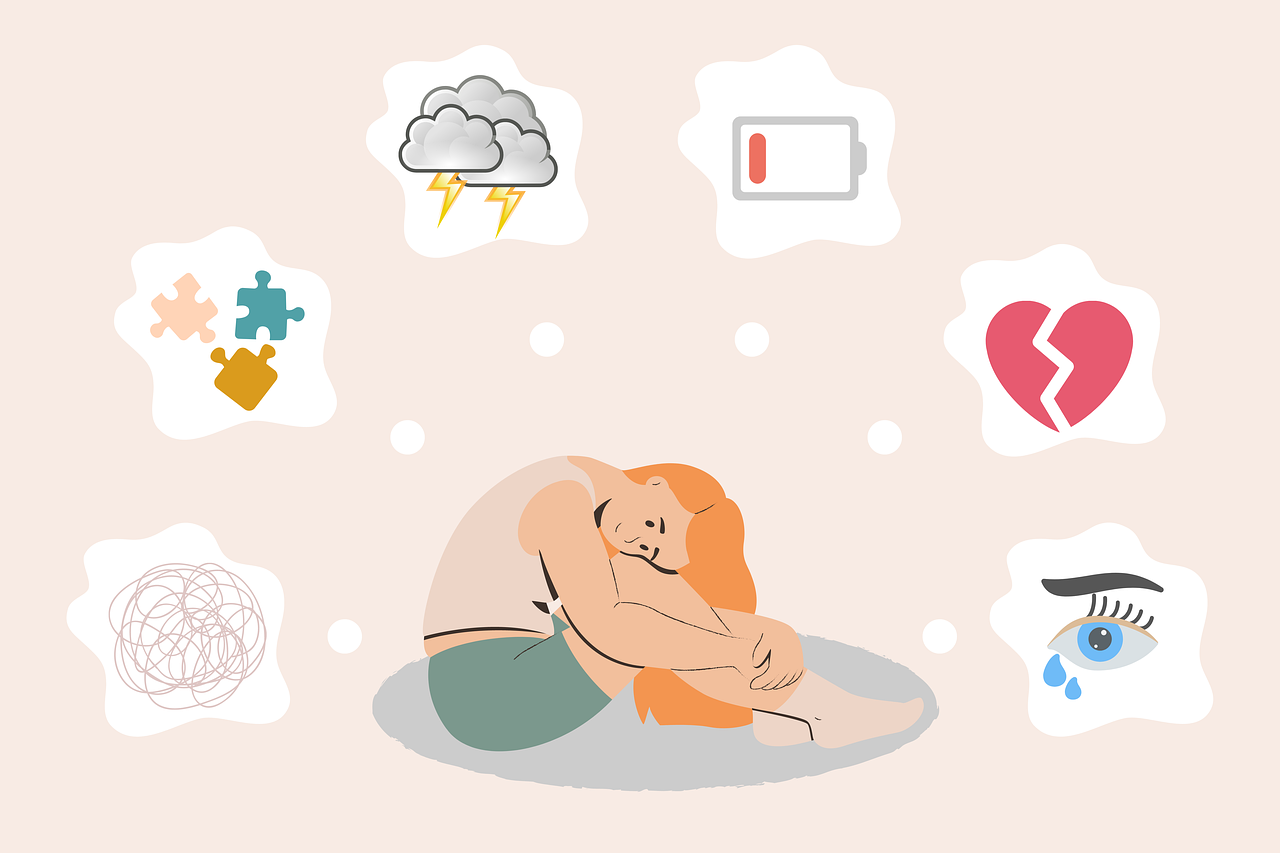You are not alone – what does student support do?

Individual psychological counselling
Anyone can find themselves in a situation in their life where they feel they need outside help.
Attention and safety
Don’t worry that yours seems too insignificant compared to other people’s problems – it’s not for you, so you deserve all the attention just as much! While it may seem scary at first to open up and admit your difficulties, the professional framework of counselling, such as confidentiality, listening and non-judgement, will give you a sense of safety in which you can feel free to share what you have been afraid to share.
Individual psychological counselling – one of the most popular services offered by Student Support – can be requested for a variety of problems. In addition to general issues of mental well-being (e.g., relationship, family problems, social relationships, loneliness, etc.), consultations may also cover topics related to future uncertainties, career paths, decision-making situations, motivation (e.g., doubts about choosing a master study programme, reconciling work and university, finding a path). Of course, consultations on learning and performance are also available, as this is part of our everyday life as students. Whether as freshers or upper-year students, we can face challenges that are difficult to deal with on our own, whether it’s performance issues, learning difficulties, procrastination or the stress of a thesis.
YOU are at the centre
You can take part in the counselling sessions of your own free will, you cannot be sent or forced by anyone. The counsellor will listen to you all the time, and together you can work on what is most important to you: where you want to go and what steps you will take to get there. The counsellor will help with questions and feedback, but don’t expect concrete advice or solutions. You have everything you need to solve the problem – the counsellor just helps you bring it to the surface.
The University provides an annual academic counselling process for students. Consultation sessions are preferably face-to-face, but online sessions can also be arranged if there is a problem and in justified cases.
Students have to complete a registration form to register for individual counselling and be assigned to a specialist according to the type of problem indicated, the capacity of the counsellor and the possible consultation times.
Capacity is an important factor, as more than 500 people use individual counselling each year, and almost every semester there is a temporary waiting list due to the increased number of registrations. One reason for this may be that more and more students are aware of this opportunity, but it is also because younger generations are more aware and open to thinking for themselves. There is an increasingly open dialogue about mental health. Developing self-awareness, or asking for support in a particular life situation, is less of a taboo subject and more of a form of self-care. Unfortunately, Covid has not gone away without a trace, with an increase in the number of people with mental illness and a drastic deterioration in overall mental health, especially among young people. Its impact is still felt today in the increased incidence of more serious conditions. It is therefore incredibly important to be able to seek immediate help for such conditions from a psychiatric specialist under contract with the University.
No shame, no luxury
We brush our teeth, comb our hair, maybe exercise and take vitamins every day to keep our bodies healthy – and we take it all for granted, as essential. But all this care is not just for your physical health, it’s also for your mental health; taking care of your me-time, your mental health, is essential to doing well in all areas of your life.
Group training and psychoeducation
Student Support not only provides individual counselling, but also group training, workshops and psychoeducational initiatives for students, who can access a range of workbooks, podcast discussions and articles on various topics.
You can find more information about the current training courses, workshops and events on the Student Support’s website and Facebook page. Student Support is linked to events such as Mental Health Week, which is celebrated on World Mental Health Day on 10 October, to provide a platform to “talk about how we can treat ourselves and each other well”. Events are also organised for international students, such as the CONNECT programme series, which primarily aim to build community and foster social connections. In addition to their own events, they also enjoy working with Corvinus student associations and have been involved in learning material development. The Decision Techniques course also has a long-standing collaboration with the Department of Decision Sciences, where they provide expert support for students’ mental health projects.
The power of community
It can often be a great help just to know that you are not alone and that others have similar problems. Group training sessions, psychoeducational events open to all, give us the opportunity to share our experiences (if we want to), find a partner or just get to know ourselves even better.
For students studying at Corvinus who are interested in mental health issues, we recommend the NapKözi team of contemporary helpers (we wrote about them earlier here) who, in addition to their active involvement in community building on campus in cooperation with Student Support, also run a relaxation and community space under the main staircase of Building E, also called NapKözi.